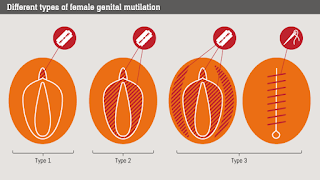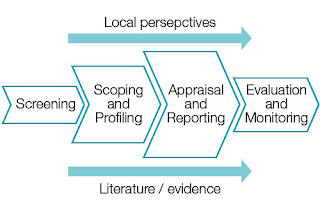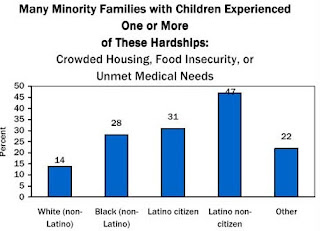Female genital mutilation is a term used to describe a wide
range of traditional practices that involves partial or total removal of
external female genital for cultural, religious and social reasons. This cultural practice is a violation of human rights of child and women. This
article is, therefore, aims at argue against the practice of Female Genital
Mutilation. In doing so, the paper divides into three parts.
The first part
will discuss about the concept, origin, types and rationales of the practice of
FGM, and highlight the practice from the Ethiopian experience. The second part will also examine the tension between the Universalist and cultural relativist approaches in regards to the practice of FGM. Universalists argument is against
the practice of FGM as a harmful cultural practice that violates human rights
of child and women.





































